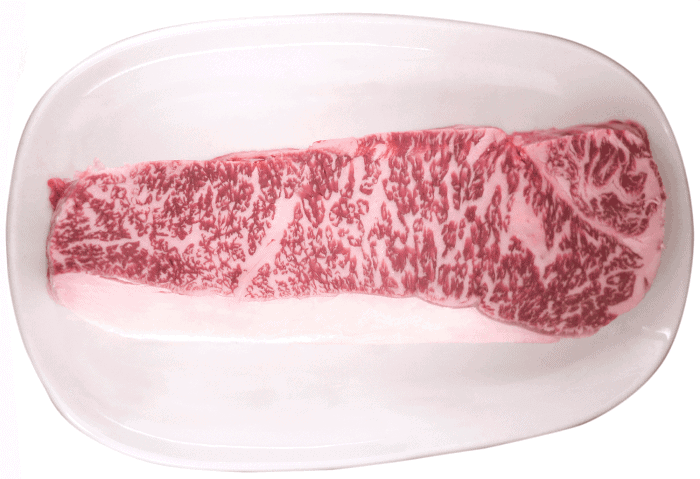Meat lobbyists globally have been fighting vegan companies using names traditionally associated with animal products, ie meat, dairy and seafood. Now, Sydney-based food company JAT Oppenheimer, has produced a tofu-based Wagyu ‘beef’ that beef farmers have referred to as “offensive” and “nonsensical”.
Australia’s vegan movement is stronger than ever and seems undeterred by the power of the animal meat lobbyists. The Minister for Agriculture Bridget McKenzie also wants to see products rebranded to ‘protect’ Australian farmers yet ABC reported earlier this year that the animal agriculture sector in Australia could lose up to $3.2 billion by 2030 if it does not “meet changing consumer attitudes to animal welfare.”

The vegan Wagyu is currently retailing in Australian Asian stores under the brand name V Meat, and the company has its sights set on increased distribution via Woolworths, Coles and Aldi. Other lines from V Meat include meatballs and burgers. The producer is seemingly a part of JATEnergy, a China-focused Australian firm. More on that later.
The Australian Mail Online (The Daily Mail) reports that the Australian Wagyu Association‘s Chief Executive Matt McDonagh finds it offensive to farmers to advertise the fake meat as Wagyu: “Fake Wagyu is just nonsensical, Wagyu is natural and the result of hundreds of years of purity in breeding – what is the point of trying to produce a highly manufactured and and artificial ingredient fake?’ he said.”
Traditional Wagyu is branded as such because it is harvested from Japanese-bred cattle with a trademark fat throughout the meat that appears like marbling. A single Wagyu steak can cost up to $100 depending on quality. According to Wilton Yao, managing director at JAT, the vegan product is similar to Wagyu beef because of its ‘more chewable’ and has a distinctive smell similar to the meat.
 Australia was hit hard last year by bush fires, widely cited to be linked to the climate crisis. A report from the UN backed independent organisation, Principles for Responsible Investment (PRI), earlier this year stated that analysts are warning investors to expect a global dietary shift toward a plant-based system amid our climate crisis. The report outlined its climate change mitigation policies, which includes a drastic reduction in meat consumption among others, that needs to be implemented in the coming years.
Australia was hit hard last year by bush fires, widely cited to be linked to the climate crisis. A report from the UN backed independent organisation, Principles for Responsible Investment (PRI), earlier this year stated that analysts are warning investors to expect a global dietary shift toward a plant-based system amid our climate crisis. The report outlined its climate change mitigation policies, which includes a drastic reduction in meat consumption among others, that needs to be implemented in the coming years.





